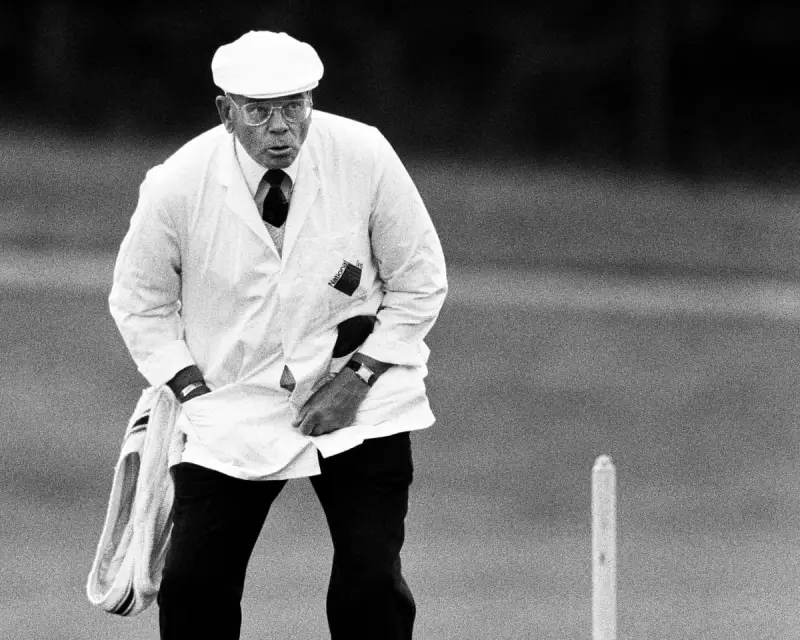
The world of cricket is in mourning following the death of Harold Dennis 'Dickie' Bird OBE, one of the sport's most cherished and iconic umpires, at the age of 93. Bird's career, which spanned over two decades at the highest level, made him a household name far beyond the boundary rope, celebrated for his impeccable fairness and unforgettable character.
From Yorkshire Roots to International Stardom
Born in Barnsley, South Yorkshire, in 1932, Bird's first love was playing the game. A proficient batsman, he played for Yorkshire and Leicestershire in the 1950s and 60s. While a solid county professional, it was after hanging up his batting gloves that he found his true calling.
He transitioned to umpiring in 1970, quickly rising through the ranks due to his profound knowledge of the laws of the game and his unshakeable integrity. His distinctive, wiry frame, sunhat, and expressive signals became a familiar and reassuring sight on cricket grounds across the globe.
A Career of Highs and Unforgettable Moments
Bird's illustrious career included standing in 66 Test matches, a record at the time of his retirement. His final test, in 1996, was a momentous occasion: England versus India at Lord's. The match was stopped as players from both sides spontaneously formed a guard of honour, a rare and moving tribute to the man in the white coat.
He also umpired in 92 One Day Internationals, including three World Cup finals—in 1975, 1979, and 1983. His sharp eye and decisive nature earned him the universal respect of players, from the fiery fast bowlers to the game's most elegant batsmen.
More Than an Umpire: A National Treasure
What truly set Dickie Bird apart was his personality. His anxious, often humorous interactions with players, his famous jumps for joy when rain saved a tense match, and his deep-rooted passion made him a favourite with crowds. He authored several best-selling autobiographies, sharing stories that cemented his status as a folk hero.
In recognition of his immense contribution to cricket and charity, he was appointed an Officer of the Order of the British Empire (OBE) in 2012. Even in retirement, he remained a beloved ambassador for the sport, his name synonymous with a bygone era of gentlemanly conduct and pure love for the game.
The England and Wales Cricket Board led the tributes, stating the sport had lost "one of its greatest personalities." Cricket fans around the world will remember him not just as a great official, but as the heart and soul of the summer game.





